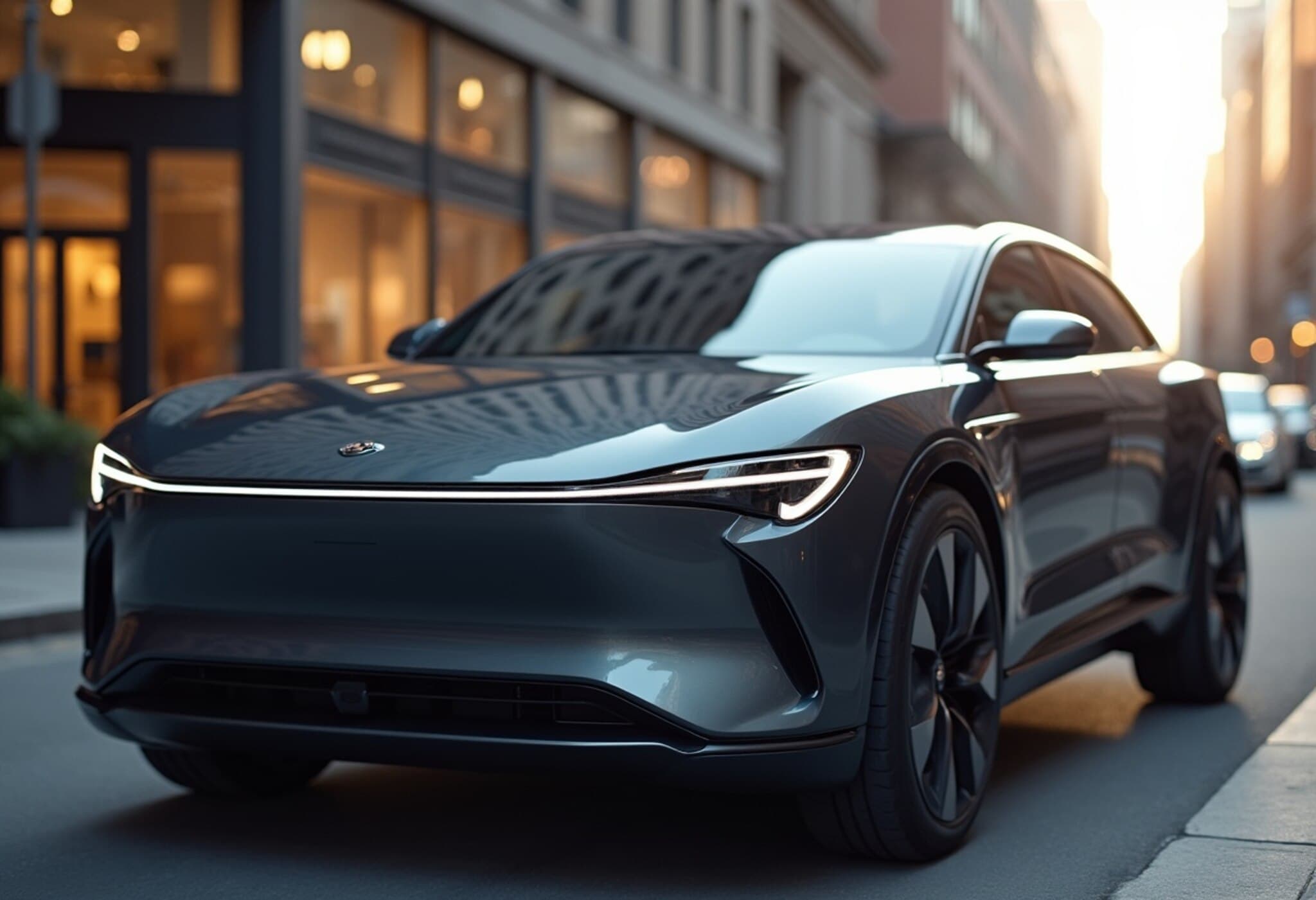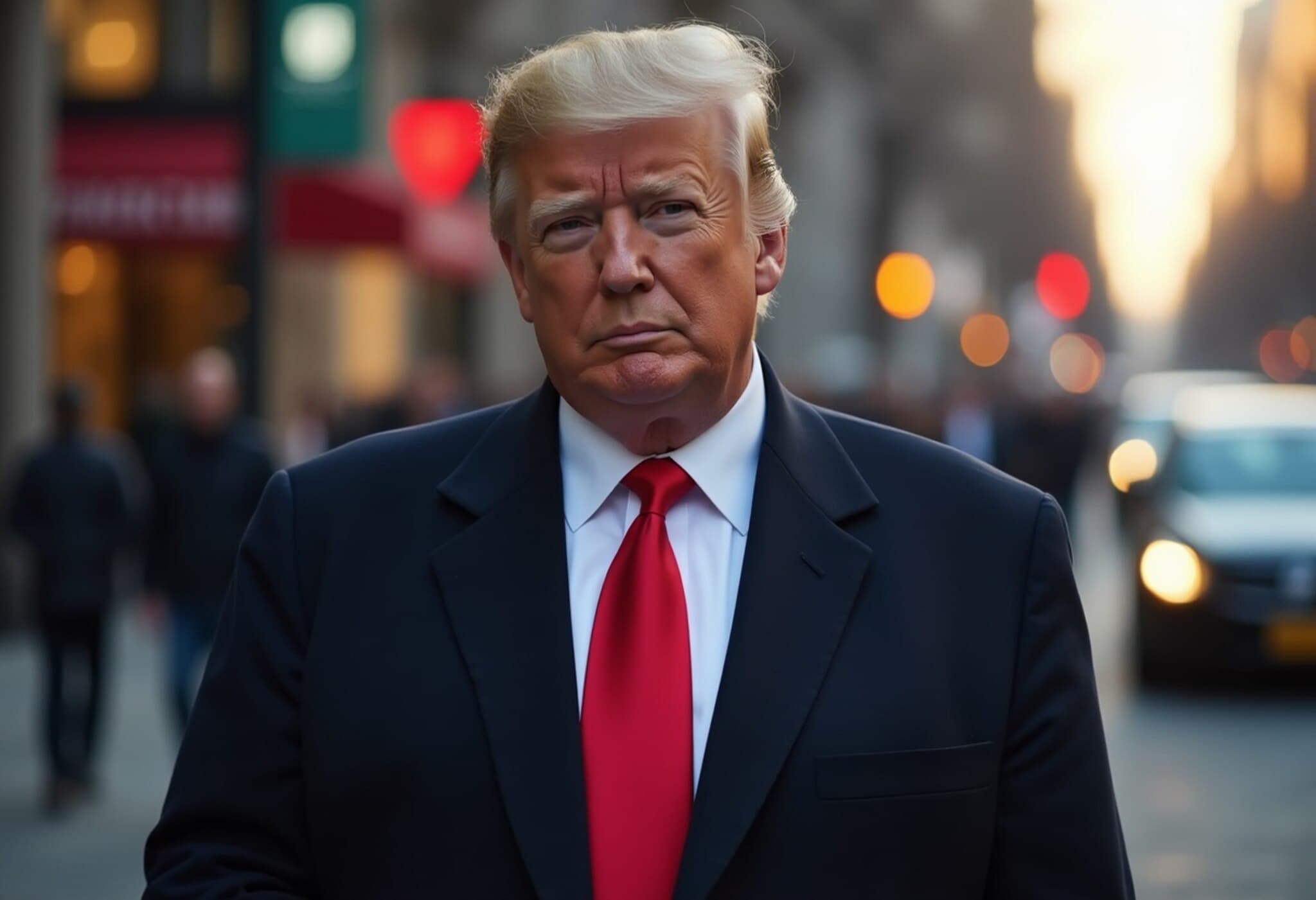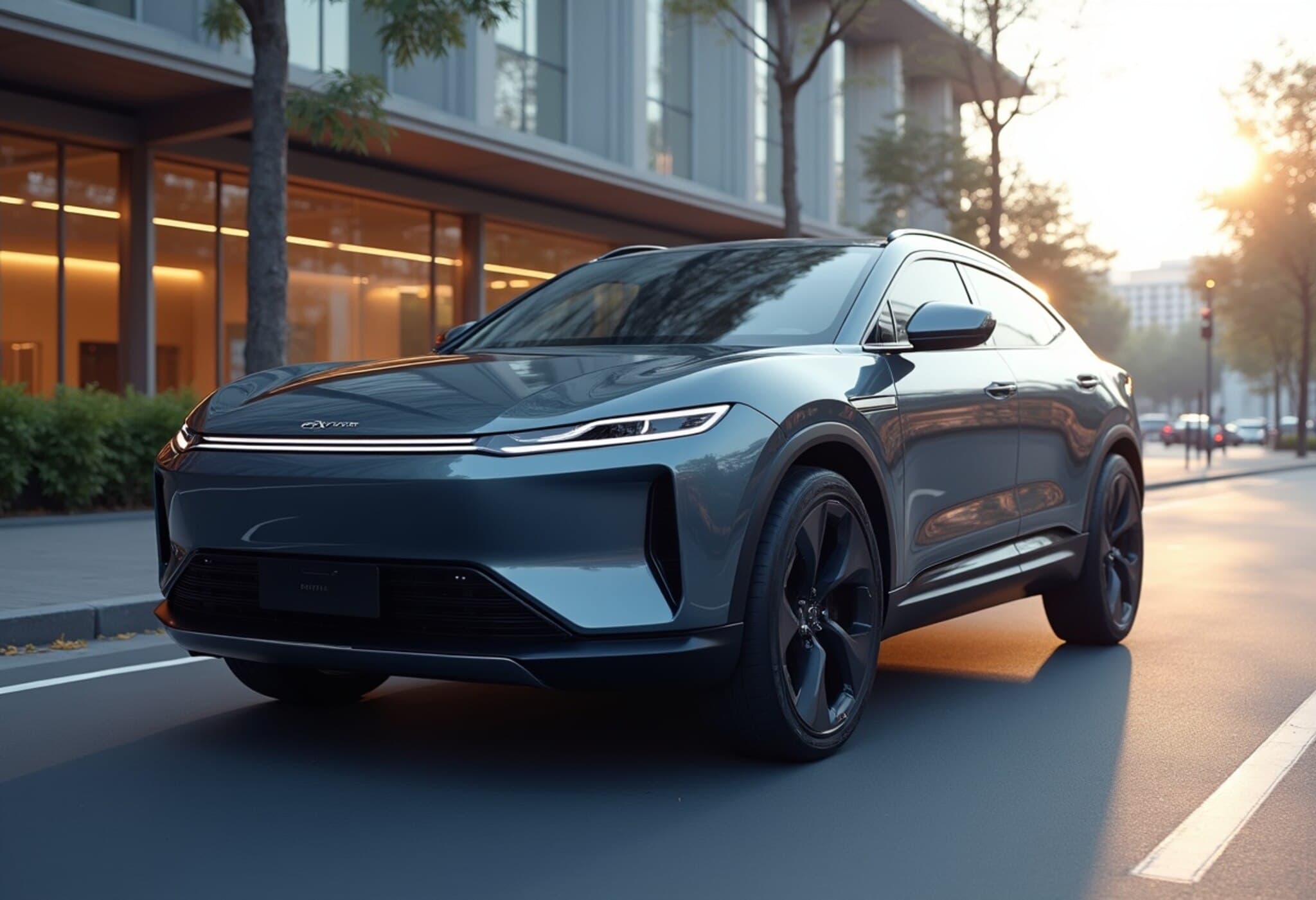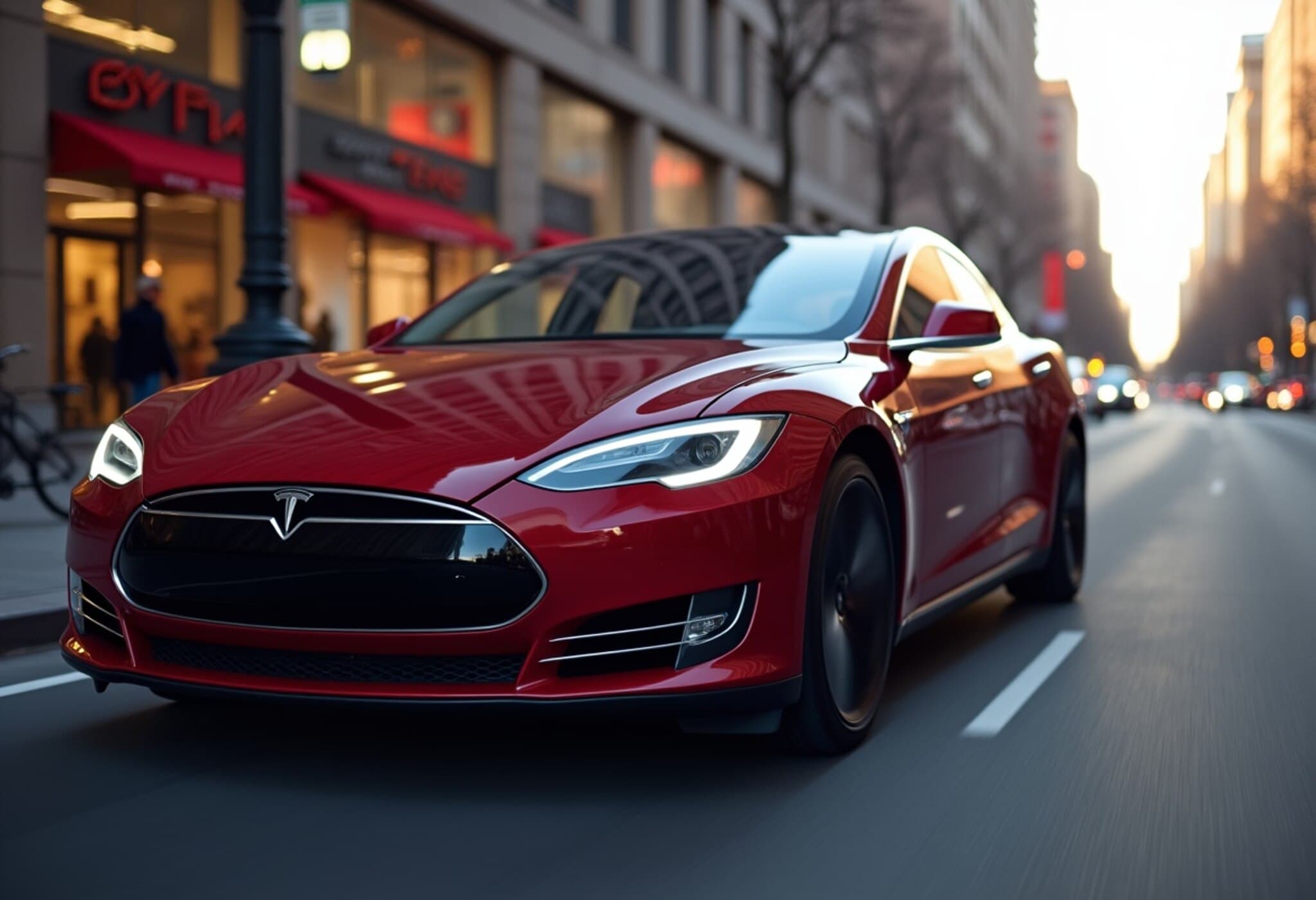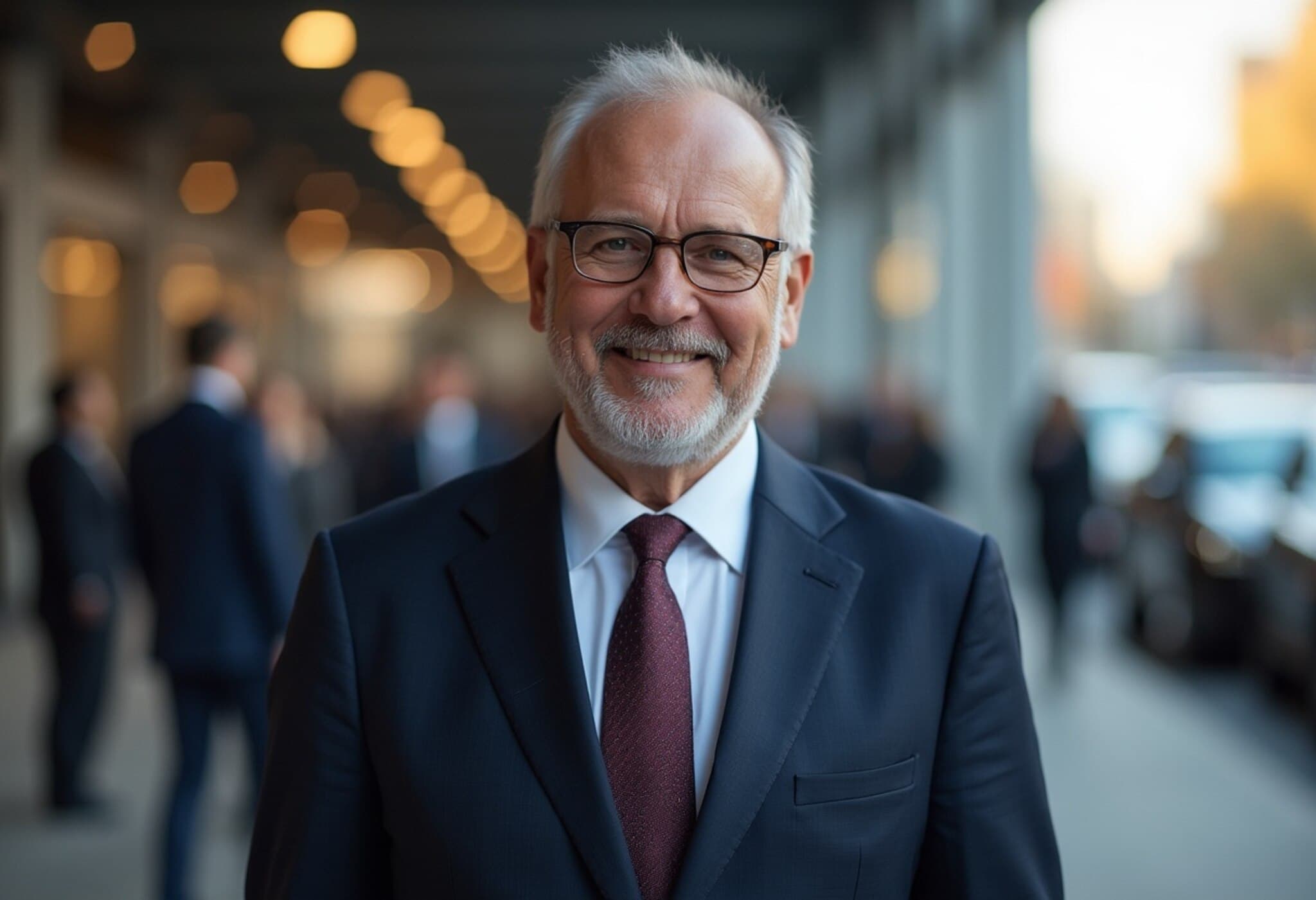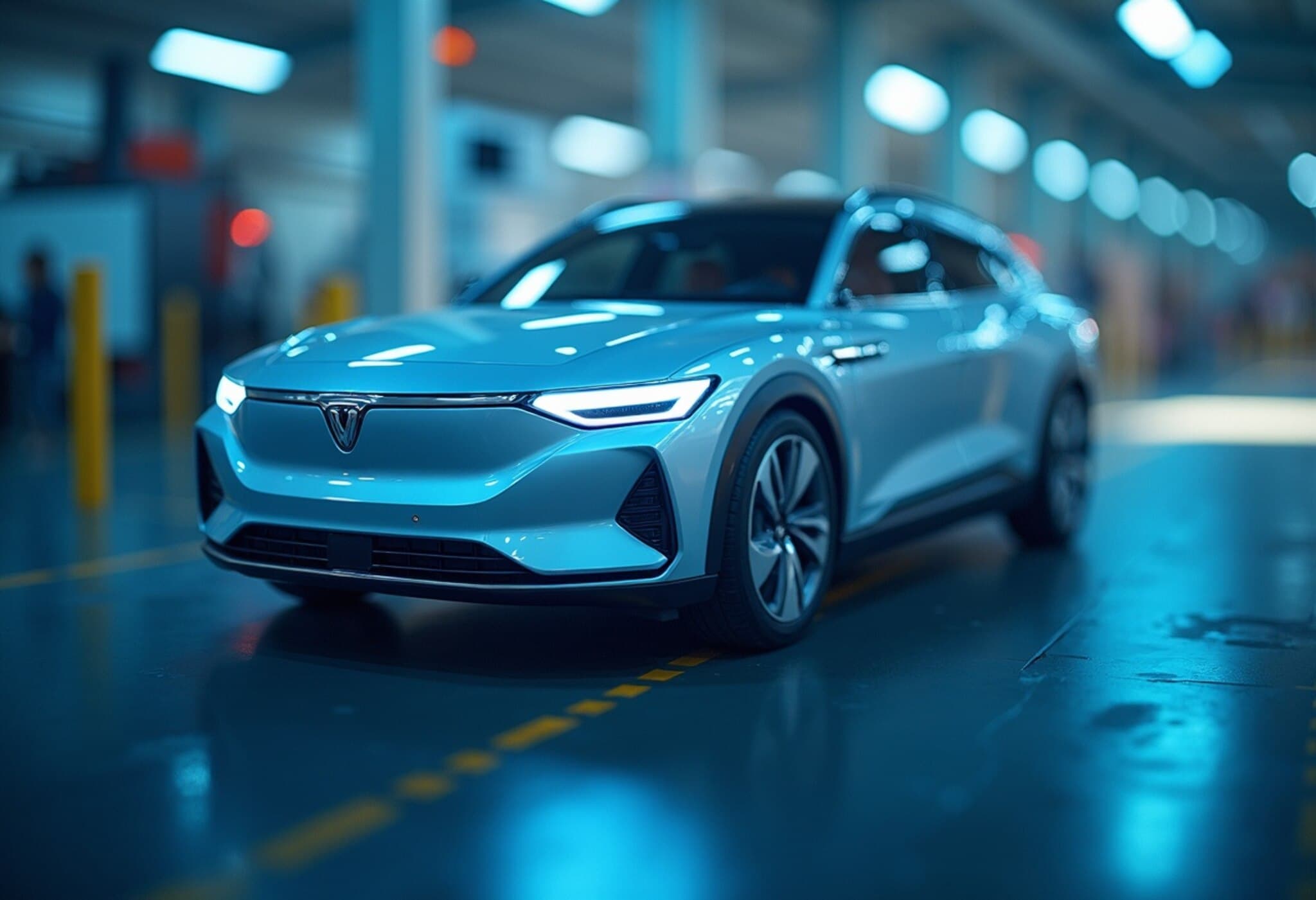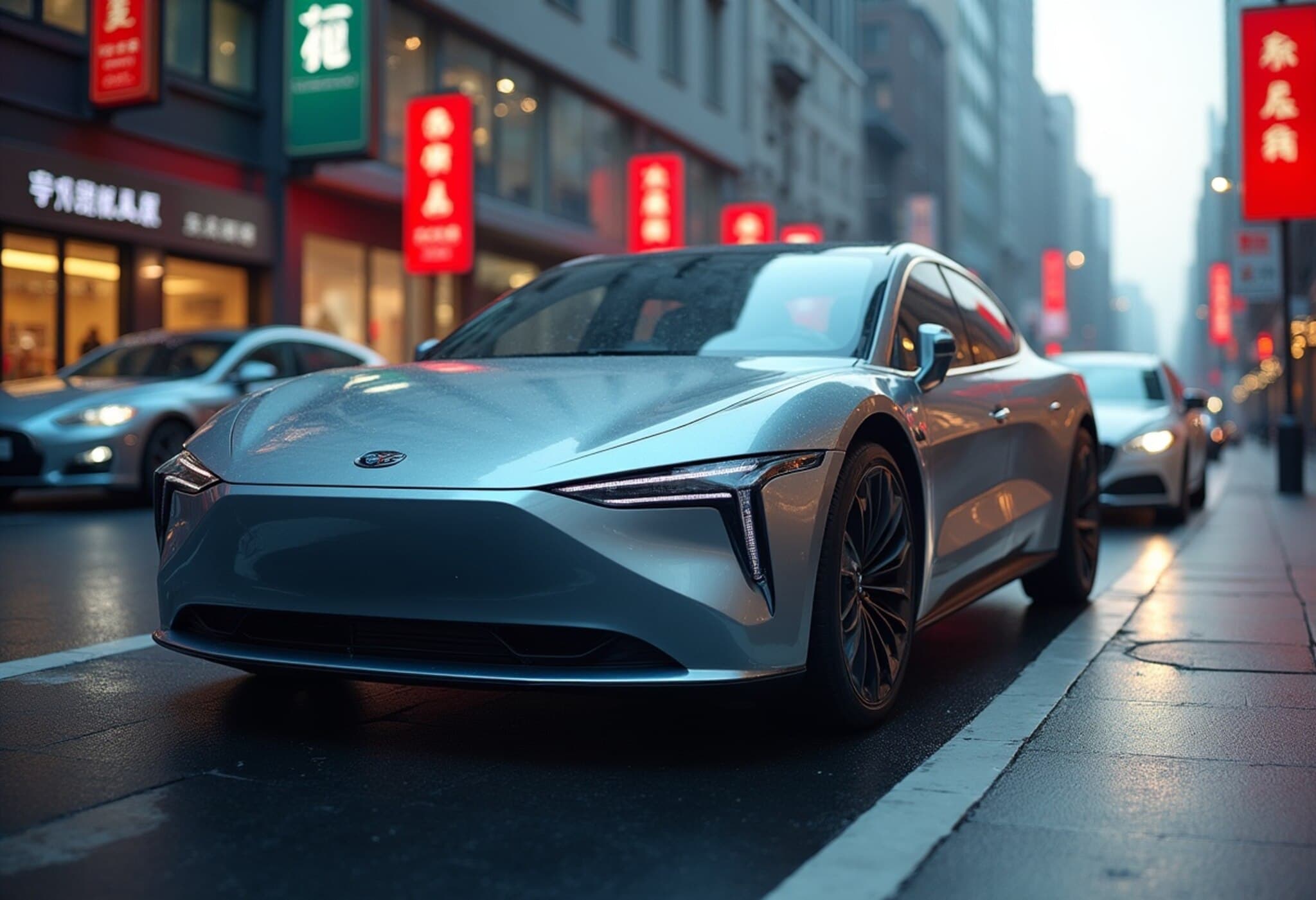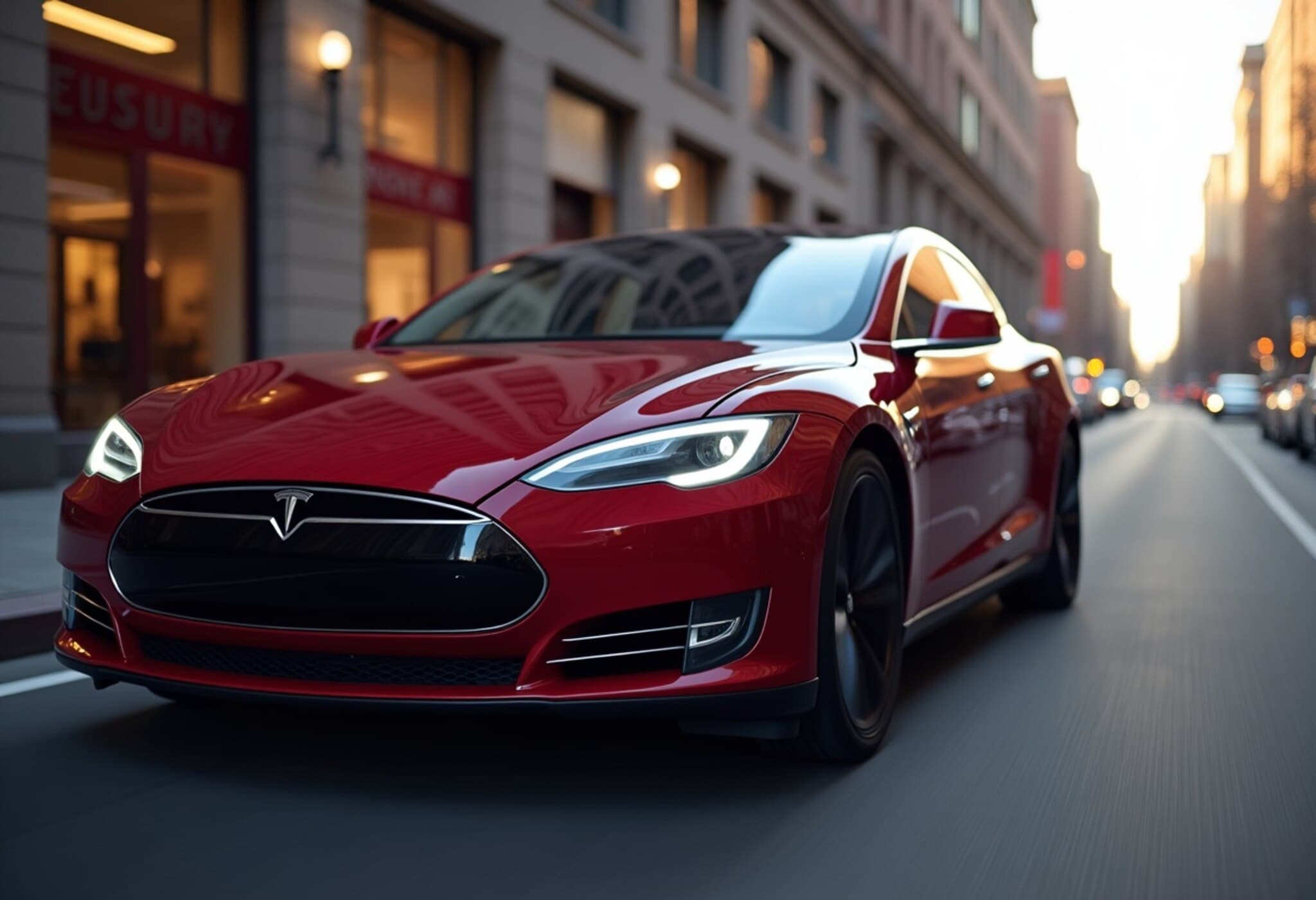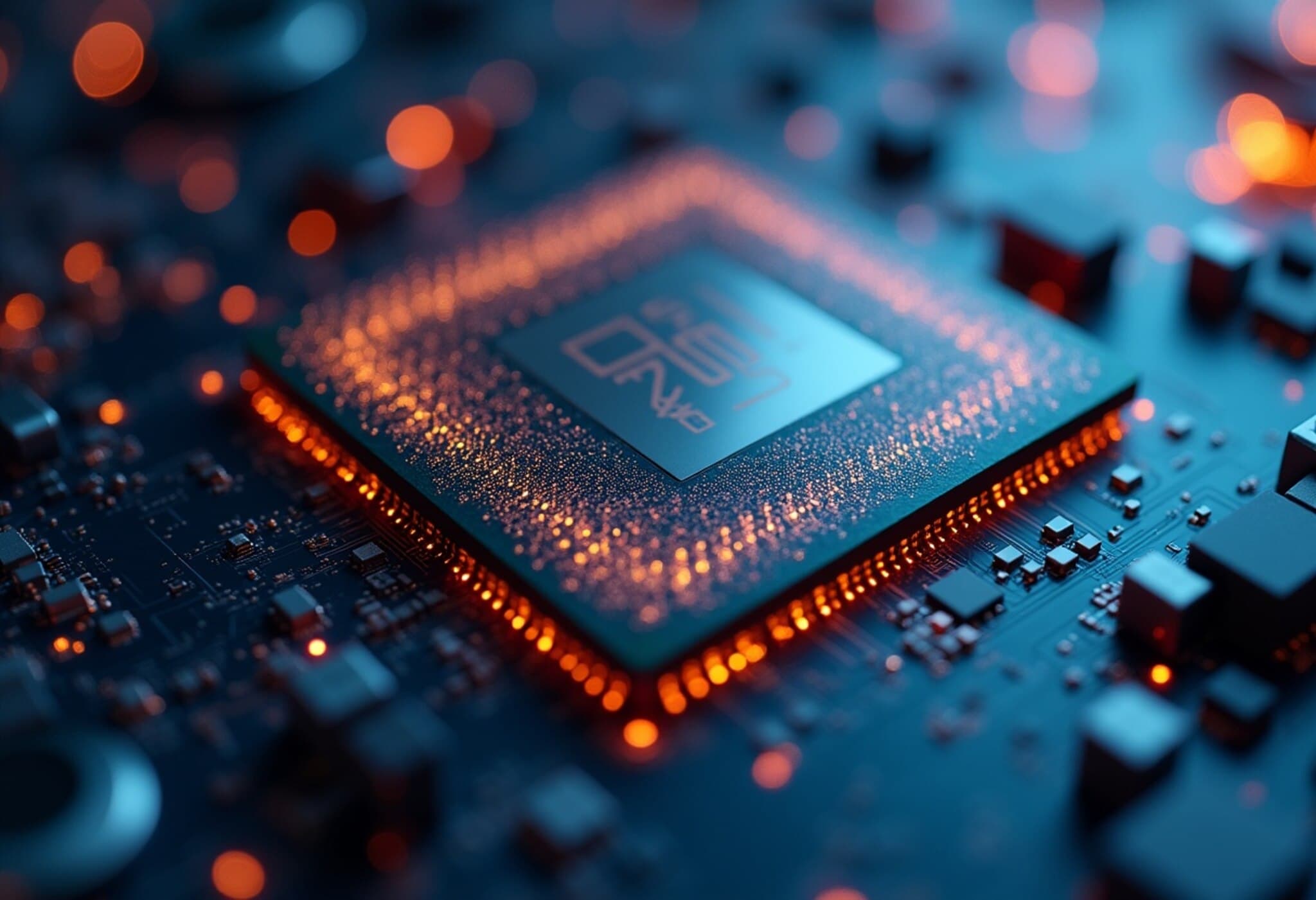Rivian CEO RJ Scaringe’s Divorce Settlement Mirrors High-Stakes Corporate Ownership Shifts
In a significant development that echoes the famous 2019 divorce of Amazon’s Jeff Bezos, Rivian CEO RJ Scaringe has experienced a substantial shift in his ownership and voting control of the electric vehicle maker following his divorce settlement. The high-profile divorce, finalized in mid-2025 after a two-year legal process, resulted in Scaringe transferring shares and options valued around $130 million to his ex-wife, Meagan Scaringe. This move slashed his voting power from a noteworthy 7.6% to approximately 4%, marking the lowest level of control since Rivian’s initial public offering (IPO) in 2021.
Tracing the Parallel: From Bezos to Scaringe
The circumstances resonate with the world-renowned split between Jeff Bezos and MacKenzie Scott, where Bezos’ Amazon voting stake was considerably diluted post-divorce. Similarly, RJ Scaringe’s situation highlights the real-world implications of personal legal proceedings on corporate governance and shareholder influence—especially for founder-led companies where voting power equates directly to control.
Understanding the Voting Power Shift at Rivian
Prior to his divorce, RJ Scaringe owned about 2% of Rivian’s total equity, but wielded outsized influence thanks to his holdings of Class B shares, which each carry 10 votes per share, compared to Class A’s single vote. According to filings with the SEC, following the divorce settlement:
- Scaringe transferred approximately 4 million shares and 6 million stock options to Meagan Scaringe.
- This dilution cut his control to roughly 4% voting power, a dramatic drop from his earlier 7.6%.
- The complex structure of shares and variable strike prices of options make total valuations fluid, but the stakes involved are substantial.
This redistribution of shares not only reduces RJ Scaringe’s say in company decisions but also engenders new dynamics within Rivian's shareholder community.
Contextualizing the Ownership Landscape of Rivian
Since its public debut in 2021, Rivian’s ownership composition has evolved considerably. Notably:
- Amazon remains the largest stakeholder with a 14.2% equity slice, controlling 13.3% of voting power.
- Volkswagen Group has emerged as a major player, holding a 12.3% stake after a landmark $5.8 billion joint venture focused on advancing electric vehicle software and architecture.
- Ford Motor Company, once a significant investor, has largely exited the picture, reflecting shifting alliances in the EV market.
These shifts contextualize how personal events, like a CEO’s divorce, interact with broader market moves, ultimately influencing governance structures. The rise of Volkswagen as a key shareholder signals a strategic pivot, bringing new industry heavyweight scrutiny to Rivian’s corporate trajectory.
Expert Insight: The Broader Implications for Founder-Led Tech and EV Companies
Founder ownership often ensures visionary control during a company’s critical growth phases. However, legal events such as divorces can dilute this power, raising questions about board stability and strategic continuity. RJ Scaringe’s experience underscores the delicate balance between personal circumstances and corporate governance.
For investors and policymakers alike, this case highlights the importance of vigilant monitoring of share ownership changes in companies where governance hinges on founder stakes. It also prompts reflection on whether additional safeguards or disclosures may be warranted to maintain confidence among public shareholders.
Looking Ahead: What This Means for Rivian and Its Stakeholders
Rivian stands at a crossroads amid intensifying competition in the EV sector. With shifts in voting power and the entrance of heavyweight investors like Volkswagen, the company’s leadership structure is entering a new era. The ability of RJ Scaringe to maintain his strategic vision with diminished control will be closely watched by industry analysts and shareholders alike.
Summary
The recent divorce settlement of Rivian CEO RJ Scaringe leading to a significant reduction in his voting power casts light on the often-overlooked intersection between personal legal matters and corporate control. As Rivian navigates its growth alongside major partners like Amazon and Volkswagen, the recalibration of its ownership dynamics presents fresh challenges and opportunities for this ambitious EV maker.
Editor’s Note
This development invites deeper contemplation about the vulnerabilities founder-led companies face when personal circumstances spill over into corporate realms. How will Rivian adapt its governance model to these changes? What safeguards exist to protect companies from unstable shifts in control? For stakeholders in the burgeoning EV market, these are crucial questions requiring ongoing scrutiny.

